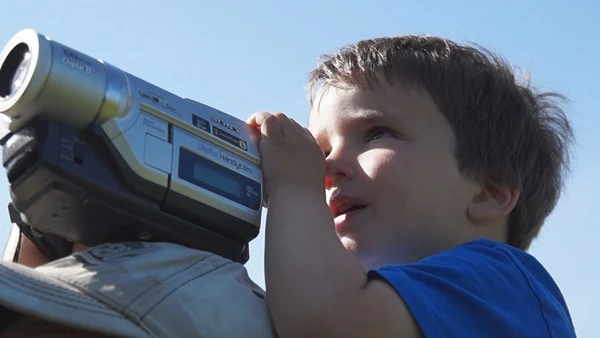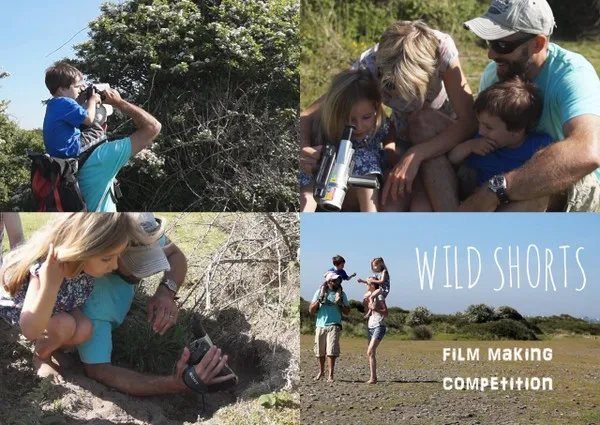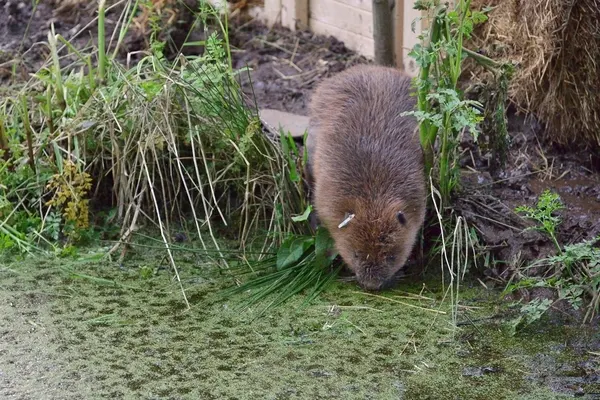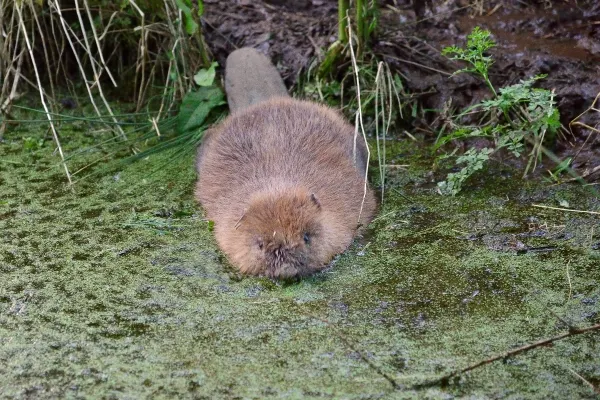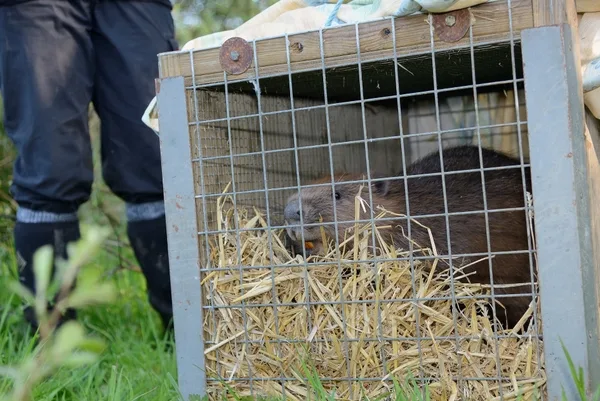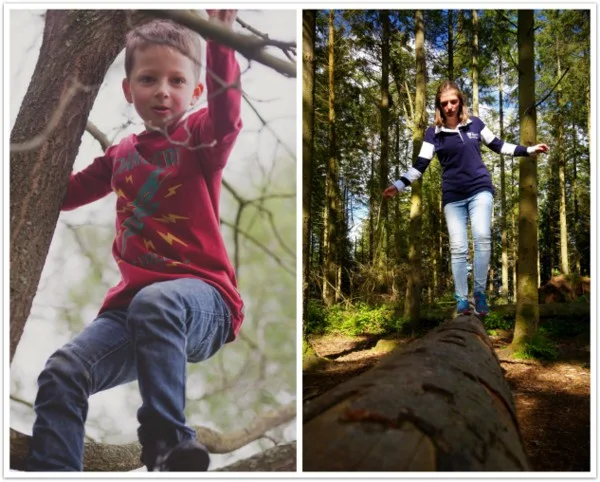North Devon Moving Image CIC (NDMI) wants your Wild Shorts! The local community film making organisation is calling for submissions of short films - between 2 and 4 minutes - about the wildlife and environment within the North Devon Coast Areas of Outstanding Natural Beauty (AONB).
The North Devon Coast AONB is designated to protect and conserve our beautiful and diverse coastal landscapes between the Hartland Peninsula and the edge of Exmoor. Amanda McCormack, Creative Director of NDMI, says "We want local people and visitors to capture the special nature of the area on video."
"We are hoping to see films about plants and animals, habitats, landscapes, conservation and just getting out and enjoying the beautiful coast and countryside. The competition is open to all ages - families, schools, young film makers and adults - with exciting prizes for the winning film makers in each category."
The Wild Shorts film making competition is open for entries until Wednesday 30 November 2016 and the competition terms and conditions and details on how to enter are on the NDMI website at www.northdevonmovingimage.org.uk.
To add a helping hand NDMI will be running a limited number of film making workshops for schools, families and community groups. The first event will be for families and will take place at the Braunton Countryside Centre on Sunday 31 July 2016. Additionally there will be some informal 'cafe style' events where people can drop in and get advice on film making techniques and equipment and details of these will be released soon.
Amanda adds "NDMI is really lucky to have some great local sponsors for Wild Shorts and so far we have some fabulous prize donations from GoldCoast Oceanfest, Down End Croyde car park, National Trust, Devon Wildlife Trust membership and Combe Martin Dinosaur & Wildlife Park. The competition has also attracted funding from the North Devon Coast AONB Sustainable Development fund with an additional contribution from Fullabrook CIC."
Caroline Leaver, Member of the Partnership that oversee the AONB commented
"The coast of Northern Devon really is Outstandingly beautiful. It is contains some amazing scenery, wildlife and a range of world class beaches and coastal environments. The North Devon AONB Board is thrilled to be able to support the Wild Shorts competition, which will showcase some of what makes this area so special. We'd love to see entries from film makers of all ages, showing wildlife, habitats and what people enjoy about our coastline. North Devon Moving Image will be running training courses locally too, so its a great chance to learn new skills."

